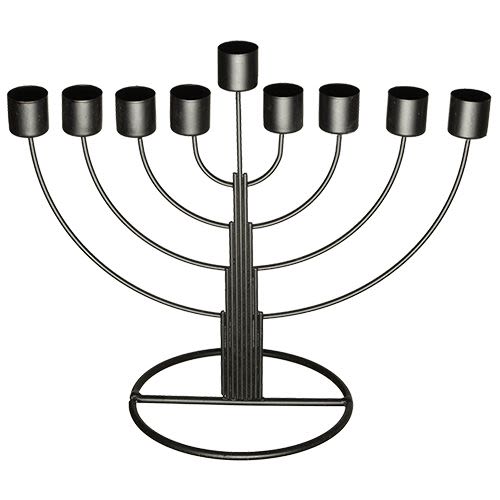
Re’eh: Hashem on Border Patrol
Hashem alone guarantees that our borders won't be breached when the entire army leaves them wide open to go to the Holy Temple on Pesach, Shavuot and Succoth…

"All your males shall appear before the Master, Hashem (in the Holy Temple) three times a year." (Deuteronomy 16:16).
Rabbi Naftali Zvi Yehuda Berlin of saintly and blessed memory, the holy "Netziv of Volozhyn", asks a most interesting question: Why do we refer to Hashem as Adonai, or "Master"? He answers (Ha'amek Davar Shemot 23:7) that Hashem is called, "Master" because of our passage at hand that commands Jews to appear "Three times a year" in the Holy Temple, before "the Master, Hashem." The purpose of this mizva, known as Aliya l'regel (pilgrimage), is to publicize that Hashem is unequivocally the Master of the World. Hashem alone guarantees that our borders won't be violated when the entire army leaves the frontier wide open to go to the Holy Temple on Pesach, Shavuot and Succoth. Never in history has there been an attack on the Kingdom of Israel during the times of these festivals. Who could possibly make such a promise? If, as the maskilim (enlightenists) and heretics maintain so ignorantly that the Torah is not Divinely authored, may their mouths be filled with dust, who would be so ridiculous to make a promise that he couldn't keep? This passage is therefore one of the greatest proofs of the Divine origin of Torah, even though those of us who live our lives in simple emuna need no proof.
And what about the farmers of Israel? Thrice yearly, they'd abandon their fields and all their possessions and went to appear in the Holy Temple in Jerusalem before the Master, Hashem. Hashem alone guarded theirl protect their property from trespassers and thieves. This is an additional promise of Torah, which  says, "No man will covet your land when you go up to appear before Hashem, your G-d, three times a year" (Shemot 34:24). What is the connection between "No man will covet your land," to the mitzvah of aliya l'regel? Hashem's protection of civilians is just like His protection of the military. Famed Torah commentator Rabbi Meir Leibish Malbim explains that when all the males ascend to Jerusalem and there is no one to protect their property, the neighboring non-Jews will be tempted to conquer the land. Hashem never let that happen.
says, "No man will covet your land when you go up to appear before Hashem, your G-d, three times a year" (Shemot 34:24). What is the connection between "No man will covet your land," to the mitzvah of aliya l'regel? Hashem's protection of civilians is just like His protection of the military. Famed Torah commentator Rabbi Meir Leibish Malbim explains that when all the males ascend to Jerusalem and there is no one to protect their property, the neighboring non-Jews will be tempted to conquer the land. Hashem never let that happen.
The Midrash (Shir Hashirim Rabbah 7:1) tells of two wealthy Jewish brothers who lived in Ashkelon; they had evil non-Jewish neighbors. The neighbors schemed to steal everything the Jews had, plotting, "When the Jews will go up to Jerusalem, we will enter their houses and take all their possessions." The time for aliya l'regel came and the brothers went up to Jerusalem. Hashem sent two angels disguised as the two brothers to sit in their home and guard their estate. Every day, when the neighbors came to steal, they looked in the window and saw the "two brothers" sitting in the parlor and talking. Baffled, they couldn't enter the house to steal. Two weeks after the festival was over, the two brothers returned to Ashkelon. When the neighbors greeted them and asked where they've been, the brothers answered that they had been away in Jerusalem for the last several weeks in their pilgrimage to the Holy Temple as the Torah commands. The neighbors then realized the greatness of Hashem, who sent angels to foil their evil schemes, creating a wonderful sanctification of Hashem's Holy Name.
The Midrash also tells of someone who forgot to lock his doors, and he went up to the Holy Temple on pilgrimage. When he returned home, he found a snake tied to the rings of his doors, another mode of Hashem's protection.
May we merit soon to see with our own eyes the ingathering of the exiles, the coming of Moshiach and the inauguration of our rebuilt Holy Temple in Jerusalem so that we too can merit in performing the holy mitzvah of Aliya l'regel, amen!











Tell us what you think!
Thank you for your comment!
It will be published after approval by the Editor.